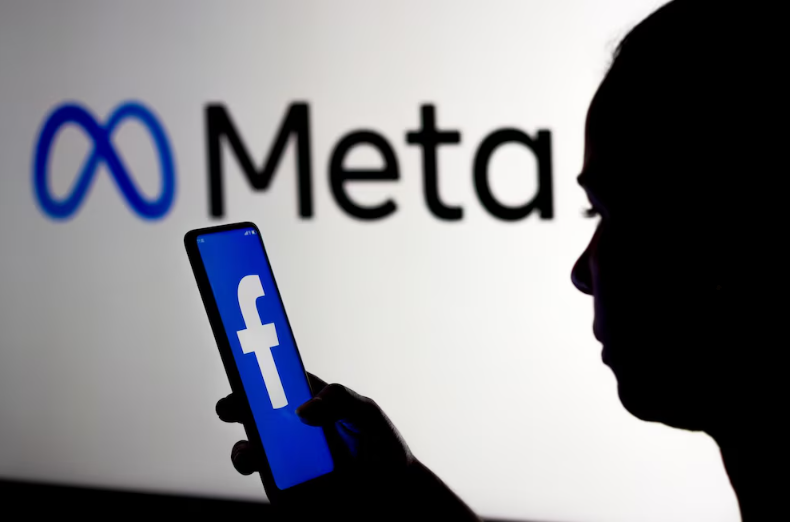In a development that has sent shockwaves through Nigeria’s digital and tech communities, Meta Platforms Inc., the parent company of Facebook and Instagram, has threatened to suspend its operations in Nigeria following a $290 million fine levied by Nigerian regulators. The National Information Technology Development Agency (NITDA) and other allied regulatory bodies accuse Meta of violating Nigeria’s data protection and content regulation laws.
The fine—announced in early May 2025—relates to allegations that Meta failed to comply with local content moderation laws, data privacy obligations, and advertising standards as required by the Nigeria Data Protection Act (NDPA) of 2023 and the Digital Services Compliance Framework issued by NITDA.
Meta Pushes Back: “Unrealistic Demands”
In a strongly worded statement, Meta called the fine and regulatory expectations “unrealistic and disproportionate.” The company claims it has made efforts to comply with Nigeria’s evolving digital regulations but argues that some of the demands would compromise its operational integrity and user privacy protections.
“Meta supports the right of sovereign nations to create digital regulations. However, certain provisions in Nigeria’s enforcement notice would severely limit freedom of expression and pose operational risks,” said Nick Clegg, Meta’s President of Global Affairs, in a response published on Reuters.
Meta has warned that unless constructive engagement takes place, it might be “compelled to discontinue its core services”—Facebook, Instagram, and Threads—in the Nigerian market.
Why Nigeria’s Government Is Taking a Hard Stance
Nigeria’s regulators argue that global tech giants must respect domestic laws, especially around:
-
User data protection and storage.
-
Local content moderation, particularly related to misinformation and political discourse.
-
Taxation and advertising transparency on digital platforms.
-
Platform accountability for hate speech and harmful content.
A spokesperson from NITDA told The Guardian Nigeria:
“No platform is above the law. Nigeria has over 35 million active Facebook users. Such influence demands greater responsibility and alignment with national policies.”
What This Means for Nigerians
If Meta follows through on its threat, millions of Nigerians could lose access to Facebook and Instagram—two of the most used platforms for:
-
Personal communication
-
Digital marketing and e-commerce
-
News consumption
-
Political advocacy and public discourse
Digital creators, influencers, and small business owners who depend heavily on Meta’s ecosystem could face financial setbacks. With Nigeria’s youth unemployment rate above 40%, many young Nigerians have turned to social media for income, making the potential exit a serious economic blow.
“If Facebook goes offline in Nigeria, it’s not just about losing a social network—it’s about livelihoods,” said Chukwuma Ogbonna, a digital marketer based in Lagos.
Similar Conflicts Around the World
Nigeria isn’t the only country clashing with Meta. In recent years:
-
Australia passed legislation requiring Meta and Google to pay news publishers, leading to temporary service shutdowns.
-
India has issued similar warnings over content moderation and encryption compliance.
-
European Union regulators fined Meta over €1.2 billion for privacy violations under the General Data Protection Regulation (GDPR) in 2023.
These instances underscore a growing global trend: governments are asserting more control over foreign tech firms operating within their borders.
The Way Forward: Regulation vs. Innovation
The standoff raises critical questions about the future of internet governance, digital sovereignty, and platform accountability in Nigeria.
While the government has a duty to protect national interests, experts warn that overregulation or abrupt penalties could scare off foreign investors in the tech space. Nigeria, Africa’s largest digital economy, is already battling issues such as:
-
Brain drain among tech professionals
-
Low broadband penetration in rural areas
-
Inconsistent tech policies across ministries
What’s needed, many argue, is balanced regulation—one that encourages compliance without choking innovation.
Conclusion
The clash between Meta and Nigerian regulators is not just a corporate dispute—it’s a pivotal moment for Nigeria’s digital future. Both sides must find common ground that upholds the law while preserving the benefits of open digital platforms.
For now, all eyes are on ongoing negotiations, and millions of Nigerians wait to see whether the digital bridge built by Meta will remain standing—or come crashing down.
For updates on this developing story, follow Xamblog.com.
Last Updated on May 8, 2025 by kingstar





